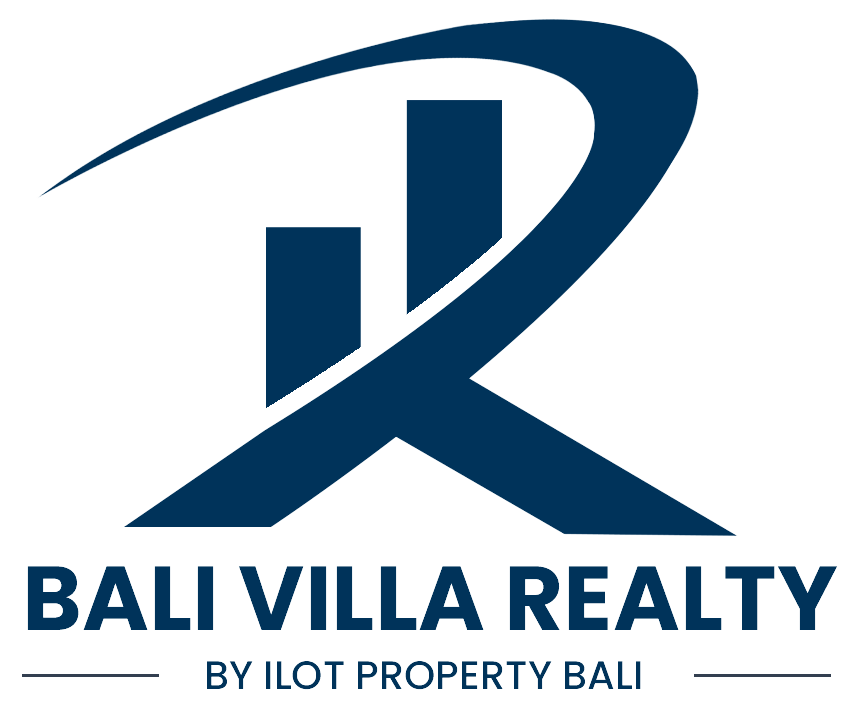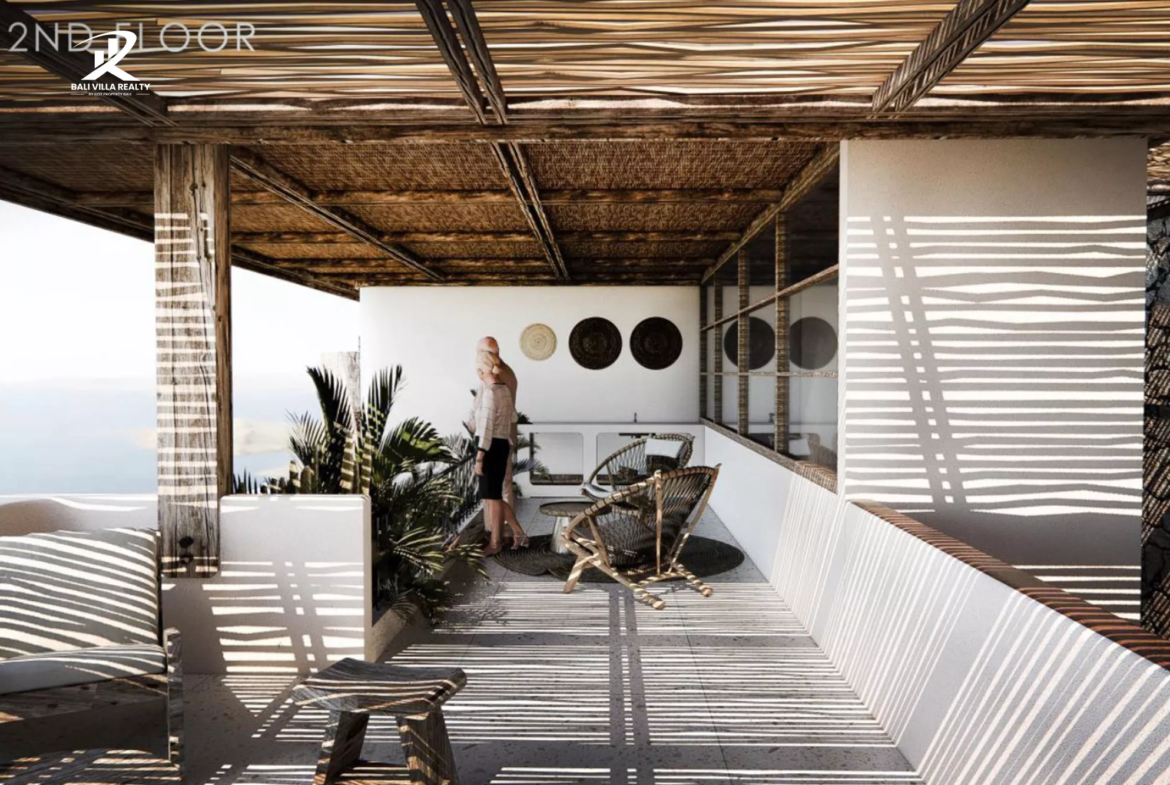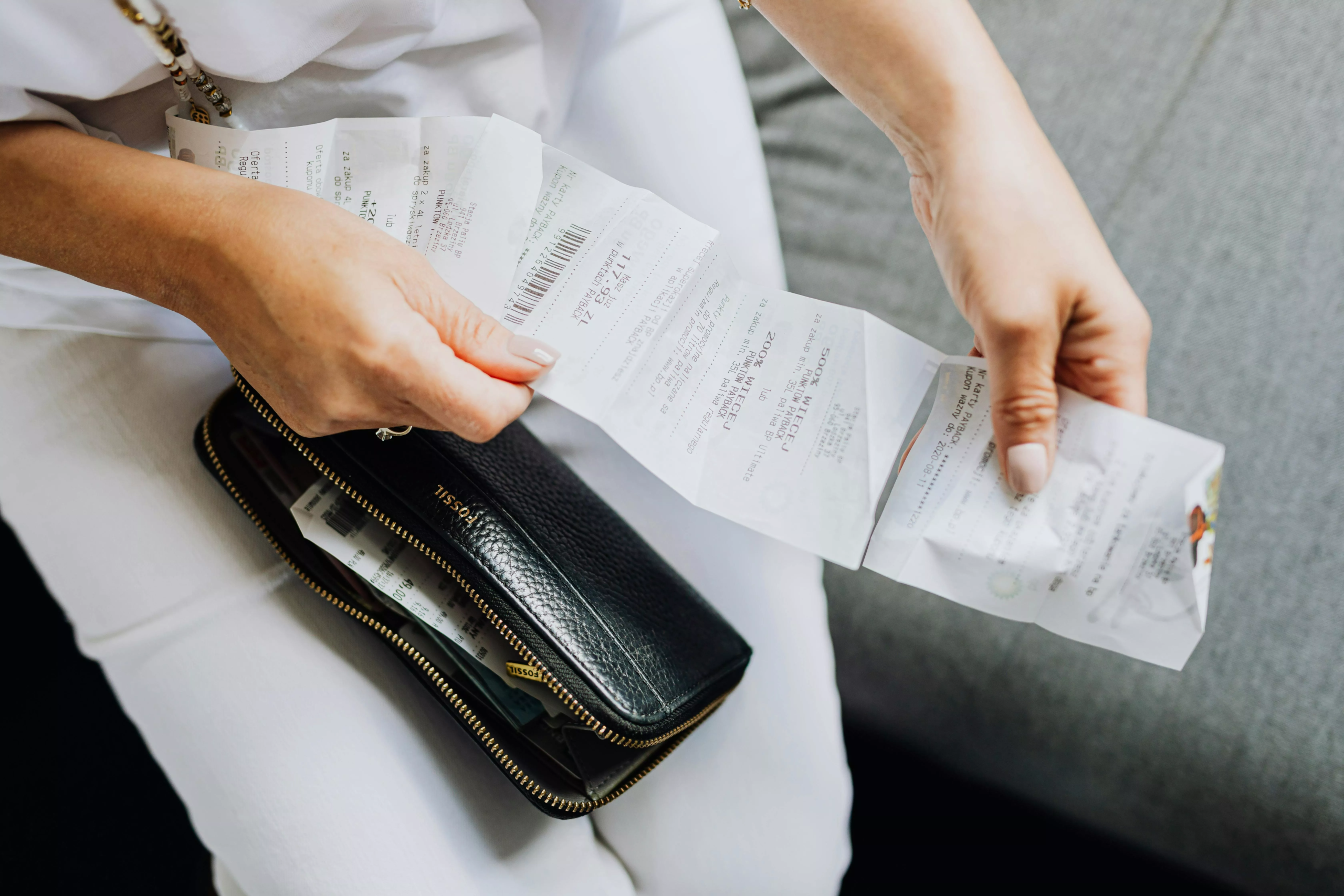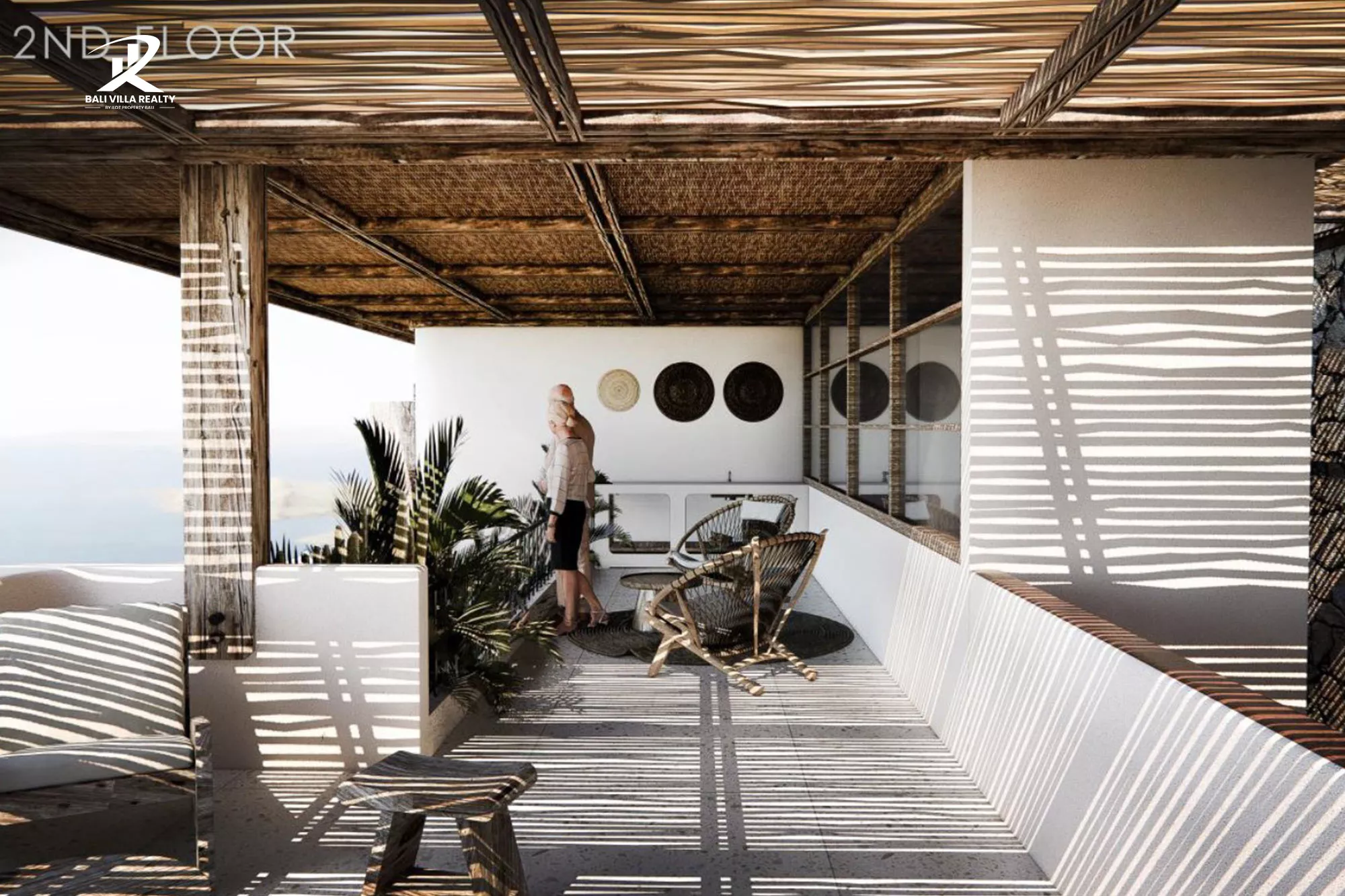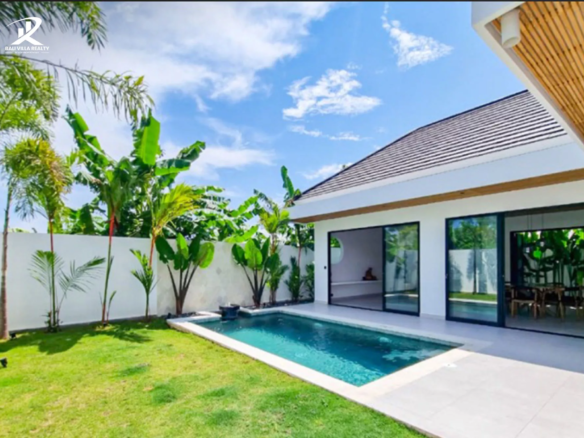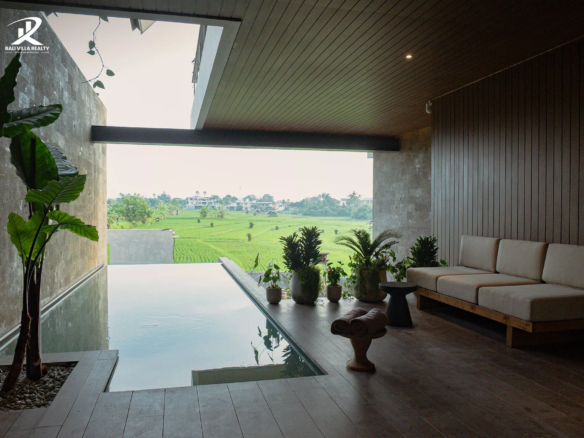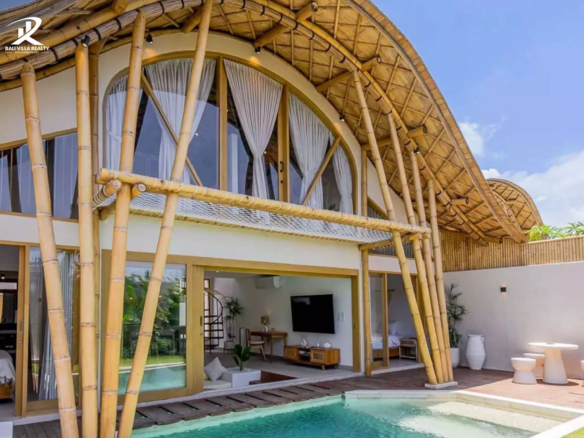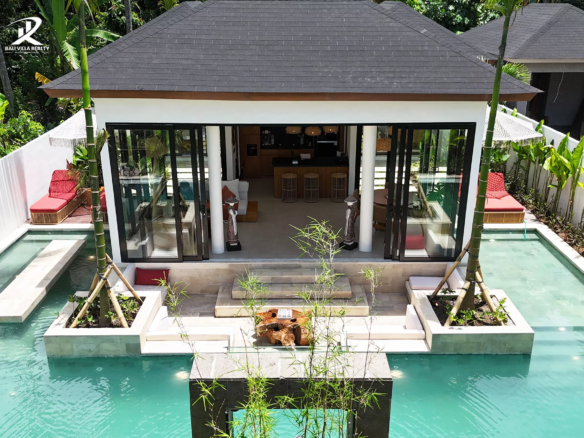Key Takeaways
- Bali leasehold properties provide foreigners with an accessible and practical way to invest in real estate while enjoying long-term use.
- The length of the lease is very important because longer leases with extension options increase property value, appeal, and security.
- The cost of Bali leasehold properties varies depending on location and size, with popular areas like Seminyak and Canggu commanding the highest rates. However, leasehold remains a more affordable option compared to freehold ownership.
- Performing due diligence is essential and buyers should understand lease agreements, legal compliance, property condition, taxes, and zoning regulations to avoid potential pitfalls.
Bali leasehold properties have become the most accessible and practical pathway for foreigners to secure real estate on the island.
When structured correctly, this form of ownership can offer many benefits during your stay—especially if you are planning a long-term residence.
However, before making any decision, it is essential to understand how leasehold works to avoid legal issues and potential pitfalls.
This guide provides clear, practical insights into leasehold property in Bali, helping you navigate regulations and invest with confidence. Keep reading to discover everything you need to know.

How Does Leasehold Work in Bali?
Leasehold means you’re renting the property for a set period, usually 25 to 30 years, with an option to extend.
You own the building on the land, but the land itself still belongs to the original owner. Once the lease expires, ownership of the land goes back to the landowner unless you negotiate an extension.
This setup is ideal for foreigners investing in Bali, where property laws can be tricky for expats to own land directly.
Case Example
Consider a foreigner leasing a villa on a long-term basis. The length of the lease plays a major role in determining both potential profits and the property’s future value.
Longer leases generally make an investment more secure and can increase the property’s appeal, as buyers and renters usually prefer villas with more years left on the lease.
Having an option to extend the lease from the start can also help preserve the property’s value, preventing it from declining as the lease period shortens.
It’s important to remember that longer leases come with ongoing responsibilities, including maintenance and upkeep costs over time.
Read More: Freehold vs Leasehold Bali Property: Which One Is Better for Investors?
How to Invest in a Leasehold Villa in Bali
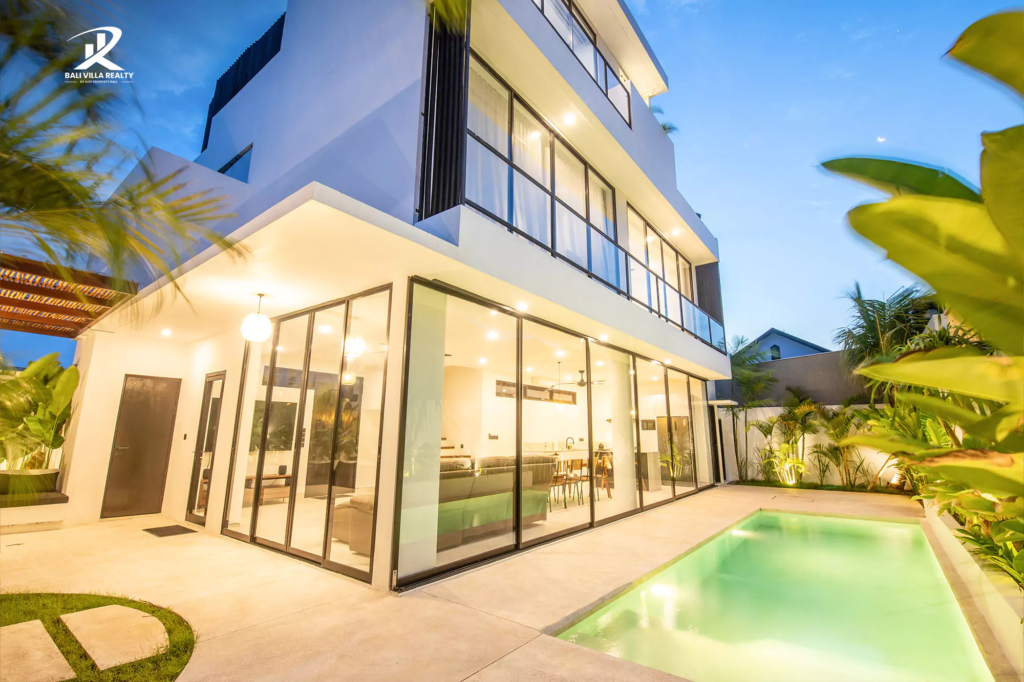
1. Do Your Homework
Start by checking out popular areas in Bali for leasehold properties. Places with many tourists, like Seminyak or Ubud, are great if you consider renting your villa. This research helps you find a spot where your villa won't just sit empty.
2. Get to Know the Rules
It's important to understand how leasehold ownership works in Indonesia. This includes knowing how long you can lease a property and what rights you have.
Under a leasehold structure, the foreign buyer obtains the right to use and occupy the property for a fixed period with the possibility of extension if agreed in the contract.
The lease agreement must be legally notarised and clearly state the lease term, payment structure, extension terms, and rights and obligations of both parties.
Foreigners must also comply with zoning regulations and ensure the property has the correct permits (Pondok Wisata License), especially if it will be used for rental or commercial purposes.
3. Start Looking for Your Dream Leasehold Villa
The best and easiest way to find a leasehold villa is through a trusted and experienced real estate agent, such as Bali Villa Realty.
You can browse our collection of Bali leasehold villas for sale to discover properties in the island’s top areas that match your preferences and investment goals.
To make the process even smoother, our senior property specialists have helped many foreigners purchase leasehold villas in Bali for various purposes — from holiday homes and retirement houses to family residences and digital nomad living.
We assist you every step of the way, from property search and legal checks to viewings and handling the entire transaction process.
Book your free consultation session here and tell us what you’re looking for. We’ll be in touch with you shortly.

4. Do Due Diligence
Another crucial stage in any real estate transaction is due diligence. This step is typically handled by a real estate agency with an in-house legal team and/or a notary, such as Bali Villa Realty.
However, as a buyer, you should still have a clear understanding of the due diligence process. Here’s what you need to look into:
- Legal Check-Up: Make sure the property's lease agreement is clear, especially about how long the lease lasts, options to make it longer, and any rules you need to follow.
- Who Owns It: Check the land title to avoid any surprises about who owns the land or if there are any legal problems.
- Inspect the property: Visit the property to see its condition. You want to avoid spending extra on fixing things up after you've bought it.
- Prepare a buffer: Understand all costs, not just the villa's price. This includes taxes, upkeep, and any community fees.
- Following the Rules: Ensure the villa follows local building and land use rules, especially if you consider changing it.
For example, let’s say you’re interested in a villa in Seminyak with a 30-year lease. You should check:
- Whether the lease can be extended to avoid any disputes over land ownership
- Inspect the villa’s condition
- Review any taxes or fees, and
- Make sure the property is built according to local regulations and in the correct land zone
How Much is a Leasehold in Bali?
Leasehold, or Hak Sewa, in Bali usually costs between $178 - $1,780 or IDR 3 million - 30 million (or more) per are (100 sqm) per year, with prices strongly influenced by location.
Popular areas like Canggu and Seminyak tend to command the highest rates. For example, a 30-year lease in Seminyak can easily exceed 3 billion IDR (roughly $190,000+ USD).
You can check our detailed breakdown of Bali property costs to get deeper insight.
Is a Leasehold in Bali a Good Investment?

Going for a leasehold property is practical for foreigners who want to dive into Bali's property market. It's more than just a long-term rent; you enjoy the property as if it were your own. You can even make money from it by renting it out to others.
The key is to pick a lease that fits your plans. If you want to stay safe and have options for the future, you might choose a lease for 30 years with the chance to extend it for another 30. This way, you can profit if the property's value increases.
Here are some benefits of investing in a Bali leasehold villa:
1. Easy for Foreigners to Get Started
If you're from another country, getting a leasehold property in Bali is much simpler than buying land outright. Indonesia has some rules that make it tough for foreigners to own land directly.
But with a leasehold, you can sign up for a deal that lasts up to 25 years and extend it later. This way, you avoid all the complicated legal stuff that comes with trying to own land.
2. More Affordable
Choosing a leasehold villa means you don't have to spend as much money initially as buying a property outright. This makes it easier for more people to jump into the Bali real estate game, even in popular spots that usually cost much more.
3. Flexible Deals
When you choose leasehold properties, you can often renew or extend your lease once the initial term is up. This is great because it means keeping your investment safe longer without immediately committing to owning the property.
4. Great for Rental Returns
Bali is a popular tourist destination, meaning you can make good money by renting out your villa. If your villa is where many tourists like to go, like Seminyak or Ubud, you could earn a lot from rent, especially when many people visit Bali.

Get a Customized Investment Plan in Bali
With over 15+ years in the market, here’s what we can do for you:
- Find the best location to invest in Bali.
- Reliable guidance on Bali’s property market and laws.
- Personalized strategy to maximize returns and meet your financial goals.
Leasehold Villa Challenges
Like any investment, there are a few key things to think about before buying a leasehold villa in Bali:
- Limited Ownership Duration: Leasehold agreements usually last 25-30 years, with possible extensions. However, extensions are not guaranteed and must be renegotiated.
- Extension Uncertainty: When your lease term ends, you’ll need to renegotiate with the landowner who may increase the price or refuse altogether.
- Resale Value Drops Over Time: The shorter the remaining lease, the harder it is to sell. Properties with less than 10 years left can be much less attractive to buyers.
- Landowner Risk: You don’t own the land, just the right to use it. If the landowner passes away or decides not to renew, your control over the property may be affected.
- Legal Complexity: Navigating lease agreements and extensions can be complicated. It's crucial to work with a reputable notary and legal advisor.
- Tax and Compliance Obligations: Lease agreements may come with tax responsibilities, like VAT or PPh, especially if you're earning rental income from the property.
- Limited Financing Options: Banks and lenders are less likely to finance leasehold properties, especially for foreigners, compared to freehold.
Conclusion
Bali leasehold properties offer foreigners a practical and flexible way to enter the island’s real estate market. When structured properly, they provide long-term enjoyment, potential rental income, and a pathway to secure an investment without the complexities of owning land outright.
While leasehold comes with limitations, these can be managed with careful planning and expert support.
If you’re considering your first Bali property investment, don’t navigate it alone. Book your free consultation today and let’s discuss how to find the right leasehold villa for your needs and goals.
Want to start investing in Bali property?
Have a quick chat with our real estate experts for personalized advice on your Bali investments. No commitment required.
FAQ
Individual foreigners are not allowed to convert leasehold land into freehold (Hak Milik) because freehold ownership is reserved exclusively for Indonesian citizens.
Foreigners are allowed to purchase leasehold property in Bali. This ownership type is legally recognized and provides full protection to the lessee, even if the landowner sells the freehold title. Learn more about Bali property ownership here: Can Foreigners Buy Property in Bali? Full Guide for You
A leasehold can be sold in two ways: either by subleasing it to the buyer, or by terminating the current lease and creating a new lease agreement directly between the landowner and the new tenant. Explore the best exit strategy for property investment to gain deeper insight.
Once the leasehold term ends, ownership of both the property and the land automatically returns to the freeholder.
Renting out a leasehold villa as a holiday rental is a common and profitable strategy. However, the Indonesian government has already tightened this practice due to the misuse of permits. Read the full news here.
